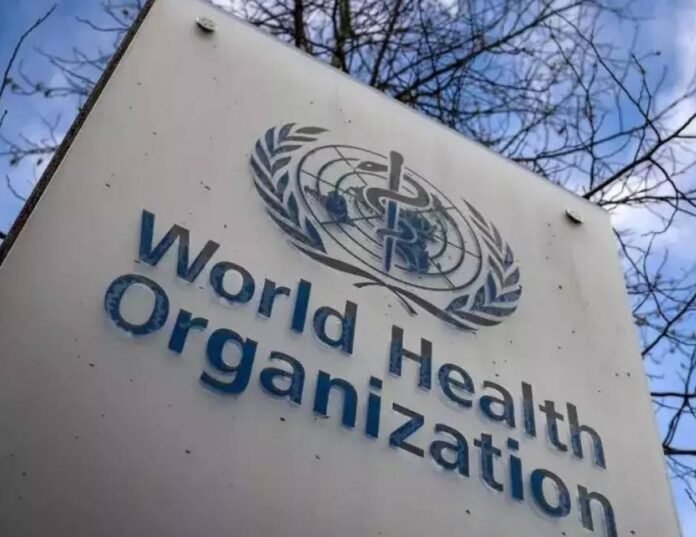Health officials in the Democratic Republic of the Congo (DRC) report promising early progress in the Ebola outbreak in Kasai Province. After nearly a month of intense efforts, new cases are starting to drop, signaling that response strategies are gaining ground. But challenges like limited funding and supply issues still slow things down.
Patrick Abok, the acting regional emergency director for the World Health Organization (WHO) in Africa, shared this update during a virtual press briefing. “We’re seeing a strong indication that our interventions have begun to take hold,” he said. As of Wednesday, the outbreak has recorded 64 cases total, with 42 deaths. On a brighter note, 12 patients have recovered and left the hospital.
The Congolese government first declared this outbreak on September 4. It’s the DRC’s 16th Ebola outbreak since the virus emerged in 1976. So far, health teams have vaccinated more than 8,000 people, including frontline workers and those in close contact with confirmed cases. A fresh vaccination drive now targets 18,000 doses across 19 areas in Bulape to shield vulnerable communities and stop the virus from spreading further.
WHO’s statement on Thursday highlighted a downward trend in cases over the past three weeks. Still, experts stress the need to keep up and expand control measures to fully contain the Ebola outbreak. Mory Keita, WHO’s Ebola incident manager, called this outbreak “special” because of the community’s strong support. “Unlike past outbreaks, we have not faced resistance,” he noted. “Village chiefs themselves are requesting vaccinations, which accelerates our interventions.”
Funding remains a big hurdle. Teams have secured just 21% of the $20 million needed for the DRC response. WHO and partners are now calling for an extra $66 million to boost preparedness in nearby countries and prevent the virus from crossing borders.
The DRC’s previous Ebola outbreak wrapped up in September 2022, after a case popped up in the eastern North Kivu province. Ebola, a highly contagious virus, triggers severe symptoms like fever, vomiting, diarrhea, body aches, fatigue, and often internal or external bleeding, according to WHO. With community buy-in and steady action, officials hope to end this chapter soon.
Stay informed on all the latest news, real-time breaking news updates, and follow all the important headlines in world News on Latest NewsX. Follow us on social media Facebook, Twitter(X), Gettr and subscribe our Youtube Channel.



